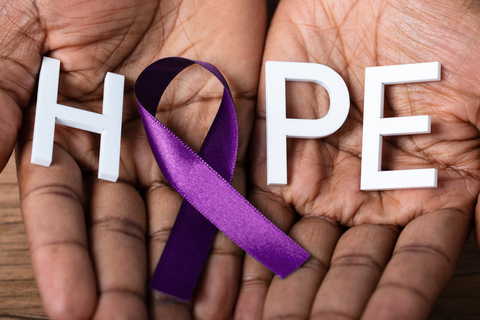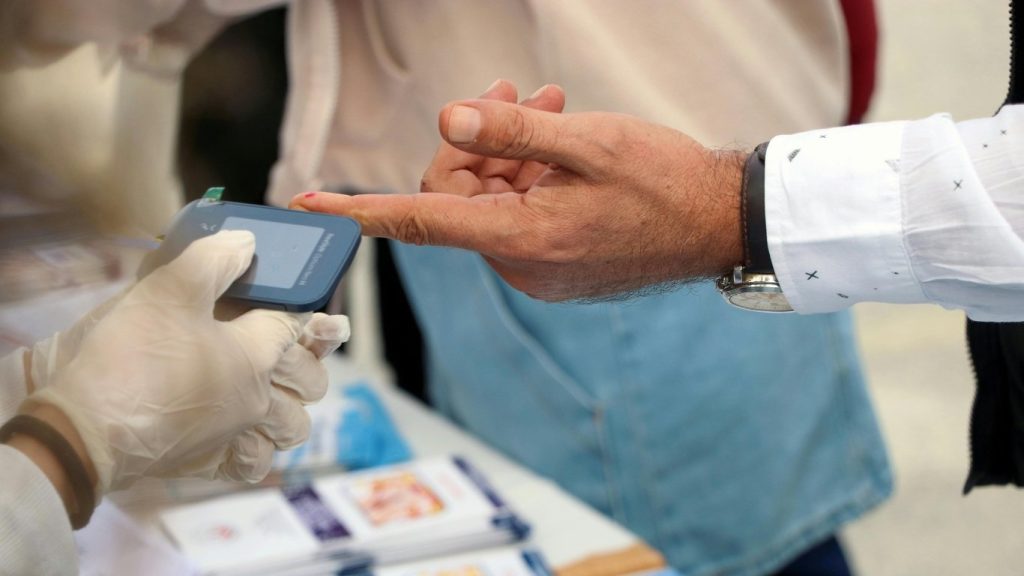Cancer
International LAGENO-BC Consortium Spurring Breast Cancer Genetics Research Across Latin America
NEW YORK – Through a cross-country collaborative effort dubbed the Latin American Genomics Breast Cancer Consortium (LAGENO-BC) researchers are poo...
Low vitamin D tied to breast cancer risk in Hispanic women
By Reuters Staff
NEW YORK (Reuters Health) – Sufficient levels of vitamin D
might help protect Hispanic and potentially Black women fro...
Black, Hispanic Women with Low Vitamin D More Likely to Develop Breast Cancer
(HealthNewsDigest.com) – Among women who identified as Black/African American or Hispanic/Latina, those with low blood levels of vitamin D we...
Minority Cancer Awareness Month: Knowing your family's health history
Minority Cancer Awareness Month: Knowing your family's health history
Source link
Among Minority Women, Low Vitamin D May Raise Breast Cancer Risk
Category: Family Medicine | Gynecology | Oncology | Research | News
Back to Health News
Last Updated: April 25, 2022.
...
Hispanic comedian Irama Ríete dies after long battle with cancer
Hispanic comedian dies after long fight with cancer.
Irama Ríete was diagnosed with uterine and kidney cancer.
Followers and celebrities mourn the ...
Trending Topics
Features
- Drive Toolkit
Download and distribute powerful vaccination QI resources for your community.
- Health Champions
Sign up now to support health equity and sustainable health outcomes in your community.
- Cancer Early Detection
MCED tests use a simple blood draw to screen for many kinds of cancer at once.
- PR
FYHN is a bridge connecting health information providers to BIPOC communities in a trusted environment.
- Medicare
Discover an honest look at our Medicare system.
- Alliance for Representative Clinical Trials
ARC was launched to create a network of community clinicians to diversify and bring clinical trials to communities of color and other communities that have been underrepresented.
- Reducing Patient Risk
The single most important purpose of our healthcare system is to reduce patient risk for an acute event.



















